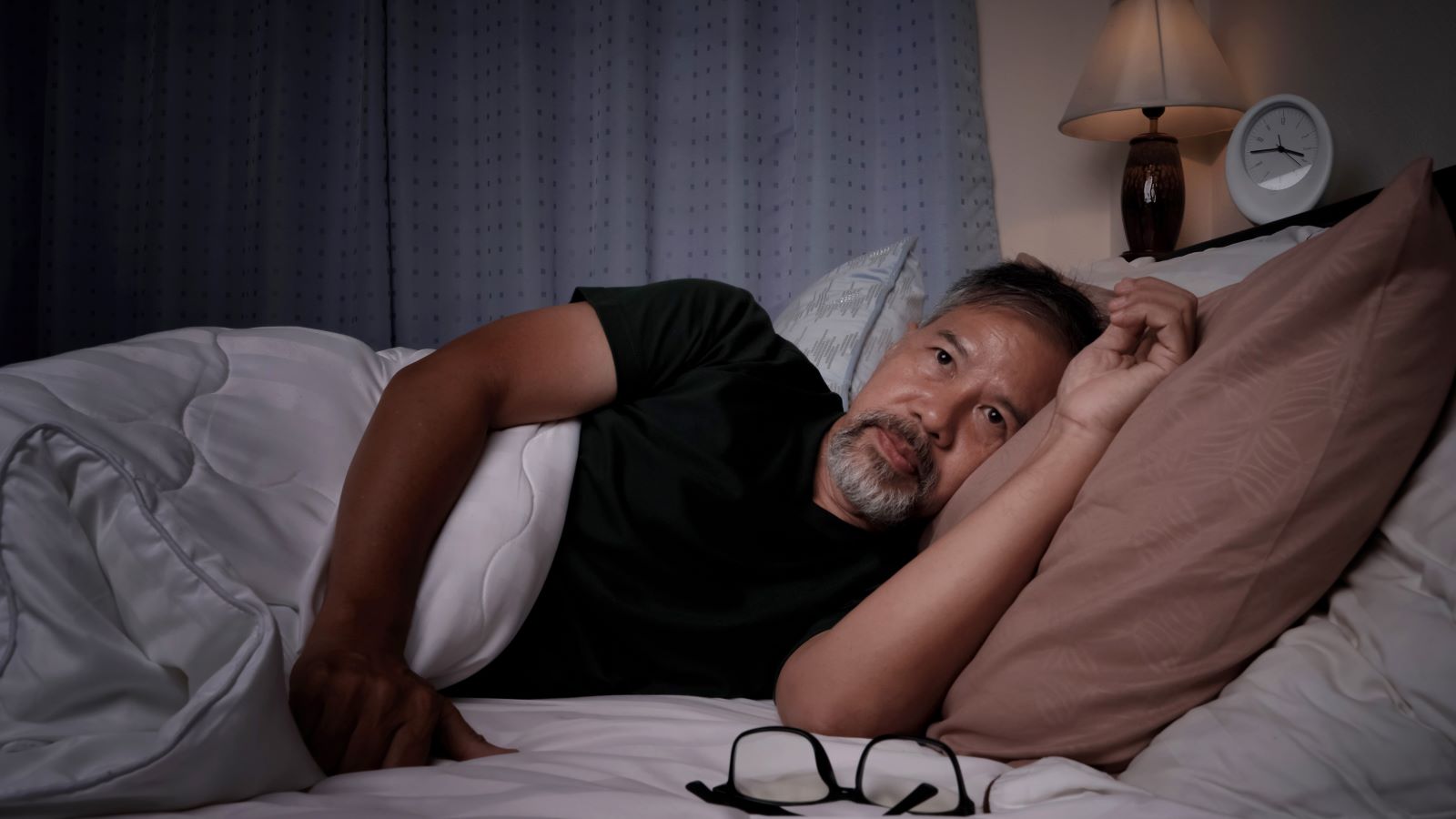<< Back
4 Surprising Signs of Sleep Apnea

January 24, 2024
If you’re snoring while you sleep and waking up fatigued, you may suspect you have obstructive sleep apnea – a condition where your airways are blocked (or partially blocked), reducing airflow and putting your health at risk.
But some of the other symptoms may surprise you. A few even happen while you’re awake.
Here are four surprising signs of sleep apnea that you should be on the look-out for, according to an expert.
1. Heartburn
If you’ve been taking antacids for heartburn relief but it’s not getting better, sleep apnea may be to blame.
“Heartburn is more common in patients with sleep apnea due to the negative pressure or vacuum that is created within the upper airway during an obstruction,” says Carl Moeller, MD, an ear, nose and throat specialist at Hartford Hospital.
This vacuum pulls stomach contents into the esophagus and even the throat, leading to that tell-tale burning sensation.
2. Night sweats
Waking up drenched in sweat? There can be a number of different causes, and sleep apnea is one.
“Night sweats occur due to sympathetic arousal, which happens following an obstruction with a drop in oxygen levels,” says Dr. Moeller.
To overcome the obstruction, the body reacts by secreting substances that cause the arousal. This can lead to night sweats, rapid heart rate and frequent wakening.
> Related: Do Cooling Sheets Really Work?
3. Teeth grinding
Clenching your jaw or grinding your teeth may not be due to stress and anxiety. It can also be your body’s way of keeping your airway open.
“Grinding is due to a patient unconsciously trying to keep their airway open by the forward movement of the lower jaw, which causes wear on the teeth, jaw pain and headaches,” explains Dr. Moeller.
4. Morning headaches
And if you’re waking up with headaches, teeth grinding during your sleep could be the root cause.
“Or more concerning, due to a drop in blood oxygen levels, which temporarily deprives the brain of oxygen,” says Dr. Moeller.
When to see a doctor
While these symptoms alone may not indicate obstructive sleep apnea, it’s a good idea to check in with your doctor if you’re experiencing these symptoms.
“Anyone with loud, consistent snoring, excessive daytime sleepiness, or irregular breathing patterns witnessed by their bed partner should seek the advice of their doctor,” says Dr. Moeller.
Over time, untreated sleep apnea increases the risk of chronic illnesses, such as high blood pressure, diabetes, congestive heart failure, stroke, heart attack and cardiac arrest.
Treatment options range from lifestyle changes to surgery.
There are some ways to help sleep apnea symptoms naturally. Your doctor may recommend losing weight, increasing exercise, quitting drinking or smoking, or changing your sleeping position.
In addition to lifestyle changes, treatments for OSA include:
- Wearing continuous positive airway pressure (CPAP) or AutoPap (automatic titrating positive airway pressure) machines while you sleep
- Sleeping with a dental device
- Using an implantable device that delivers mild stimulation to keep the airway muscles open (inspire therapy)
- Surgery